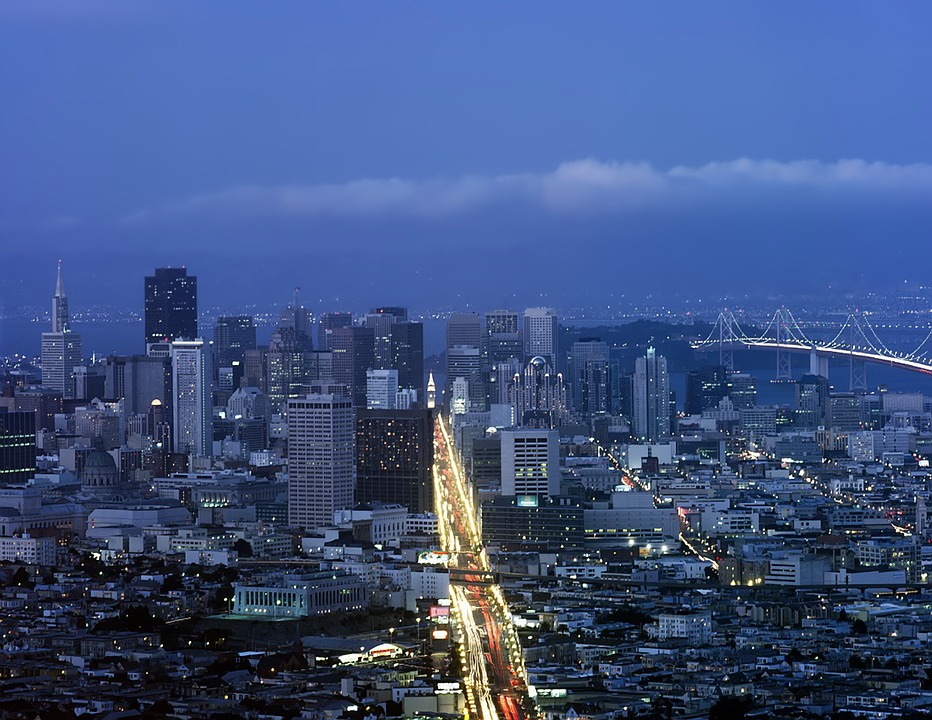Originally posted at municipalist.org
The definition of “municipalism” is still up for grabs. If you Google the word you’ll be given a snippet from Wikipedia about “libertarian municipalism”, a compelling but very specific utopian political philosophy of Murray Bookchin. Surely “municipalism” can and should mean something more.
Over the last fifty years, the percentage of people around the globe living in urban areas has increased from 30% to over 50%, but cities have not seen a corresponding increase in political power. Instead, nation-states and transnational institutions that network them have become the centers of power relations. Many people predict this dynamic will change: and it is. Efforts like UN Habitat III created space for cities to represent themselves at the UN for the first time in that organization’s history. The C40 Initiative has brought cities together to fight climate change by making significantly more aggressive emission reduction pledges than nation-states did at the Paris Summit. The Global Parliament of Mayors is provides a venue for municipalities to share knowledge and make collective decisions. You can find more entities in our directory.
Over the last two thousands years, cities have frequently been more politically powerful than the nations and empires in which they’ve been located. Cities, municipalities and regional governments have performed many nation-state like functions such as building trade networks, engaging in foreign relations, waging war, completing massive public infrastructure projects and protecting their residents from state violence.
Municipalism should refer to the idea that cities and regions should have more autonomy from the nation-states in which they’re located, while also being active participants in a global network of peer municipalities that upholds human rights and humanitarian standards.
It should be an idea that incorporates old and new concepts from all over the social, political and economic landscape, including urbanism, bioregionalism, paradiplomacy, community-based economics, civic technology, participatory democracy, social ecology and more.
It should help mobilize residents to participate deeply in local problem solving and inspire municipal governments to share solutions with cities around the world.
Most of all, municipalism should provide a positive alternative to the failure of the nation-state and an affirmation that we can recenter political control at the local level while advancing human rights and humanitarian standards globally.
What does “municipalism” mean to you now? What do you think it should mean in the future? Let us know below.

Leave a Reply